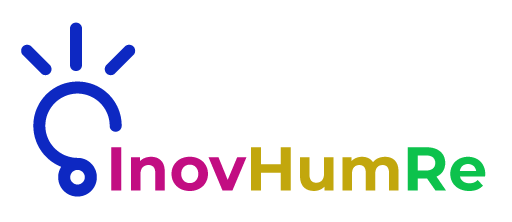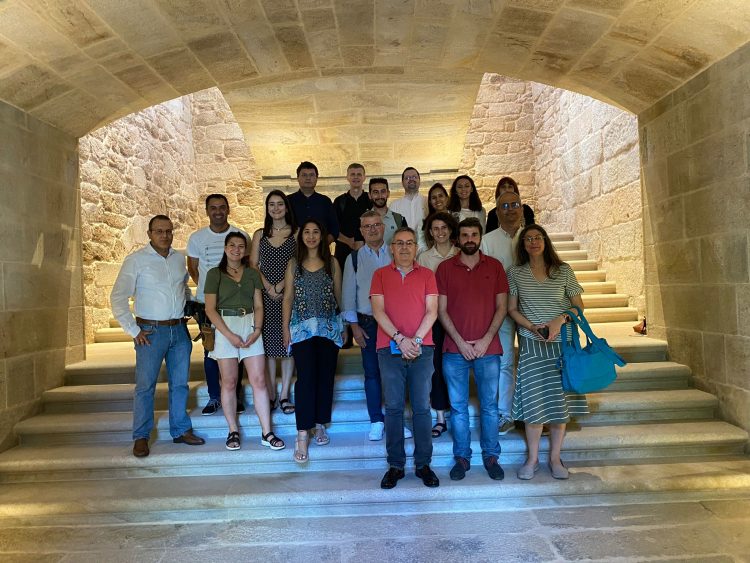The project InovHumRe has reach its conclusion. It was 3 years of hard working and good cooperation between the project partners: Portugal – Iscte and IMVF; Spain – UNED and Fundacíon Magtel; Turkey – Hacettepe University, SHUDER and Sened; Brazil – Fundação Getúlio Vargas and Colômbia – ICESI University.
The activities foreseen were implemented with success and the results attained demonstrated it:
- An Outlook report, containing the state of art, methodologies and good practices in what concerns participatory evaluation in humanitarian action from each of the countries involved – Portugal, Spain, Turkey, Brazil and Colombia;
- Design and implementation of a new curricular unit in Participatory Evaluation in humanitarian action, created in partnership between the partner universities and the NGOs. It was already delivered in Iscte, UNED and Hacettepe University and now is part of the universities’ training offer;
- A Youtube channel created gathering the collection of videos prepared by the project partners. It can be used by teachers, students and practitioners as an educational tool for the learning and teaching of Participatory Evaluation in humanitarian action projects https://www.youtube.com/@InovHumRe;
- A Handbook, condensing the knowledge acquired throughout the project, including practical examples and theoretical framework. It seeks to strengthen the culture of evaluation in the planning and execution of social services in humanitarian contexts.
As an additional result, on the 16th November 2023, during the project Final Conference, in Iscte, the consortium and the presidents of the three major international social work organizations – International Association of Schools of Social Work, International Council on Social Welfare, International Federation of Social Workers, signed the Lisbon Declaration for the “Development of Social Work and Humanitarian Action in the 21st century”. It is a declaration that puts on the table the strengthening of humanitarian aid, the improvement of the competencies and skills of social workers, the design of new training programs, and the need to bet on participation and co-design as strategies to improve social inclusion
The project reached students, teachers, researchers, NGOs, humanitarian action practitioners and the civil society, in general. The target-groups were involved in the in the different stages of the project. The results are available to be freely used, in the project website, under the page “Results”.
Assist to to the video of the project’s activities






